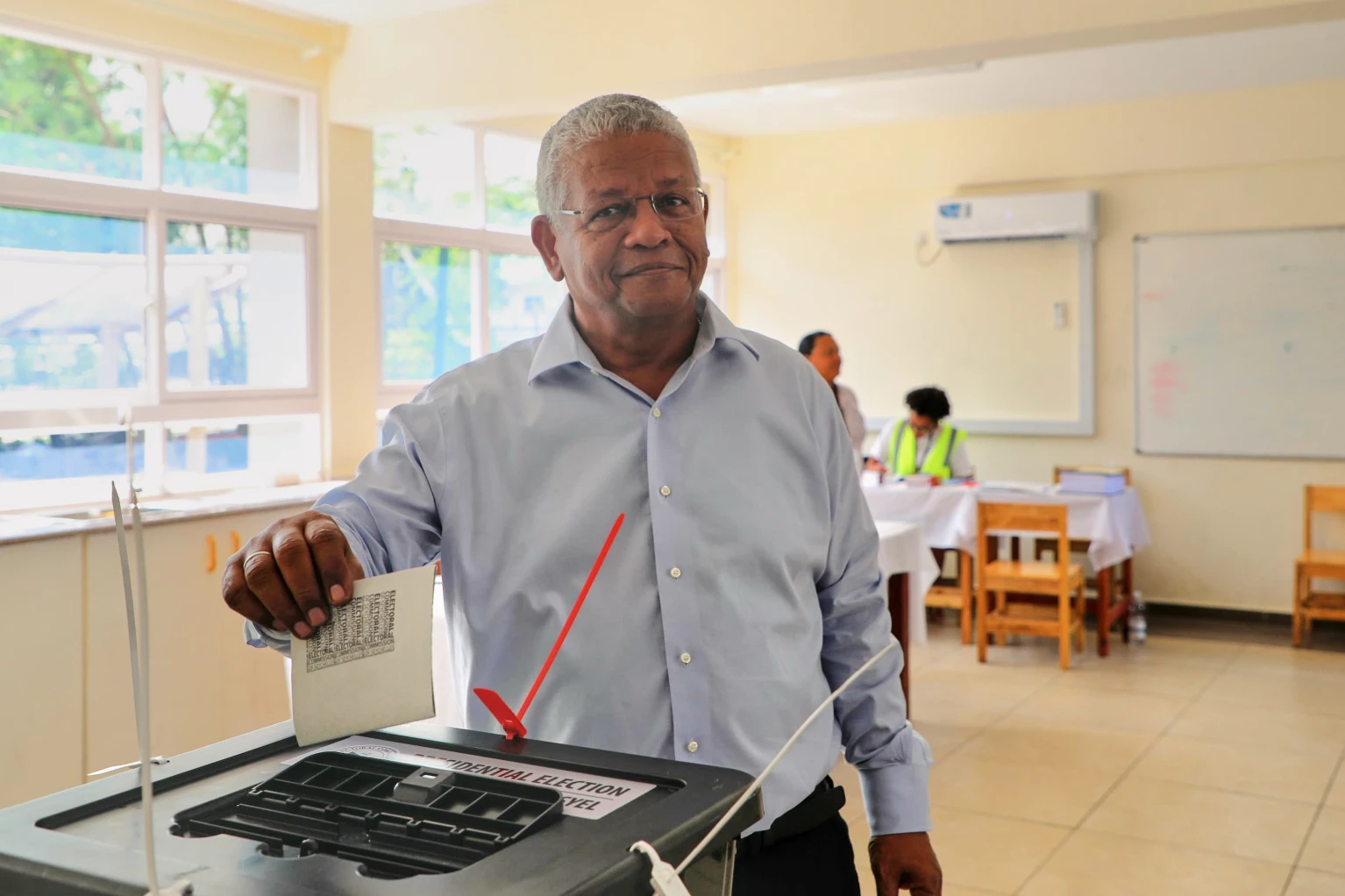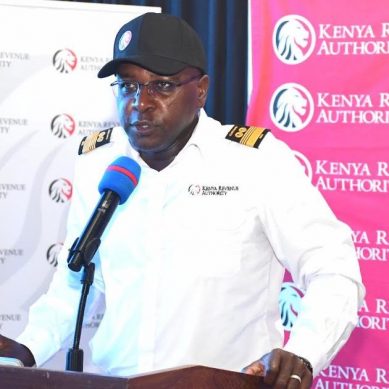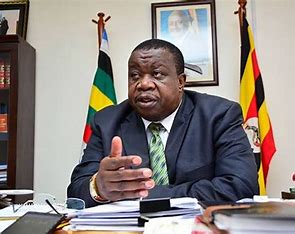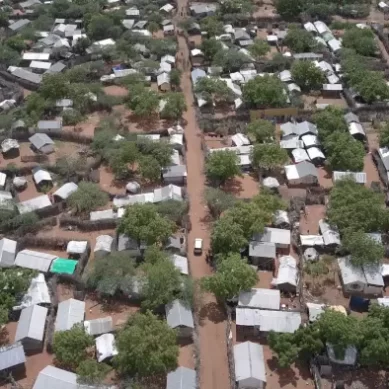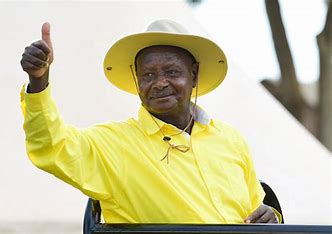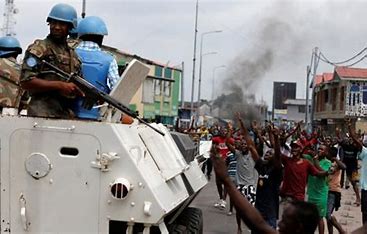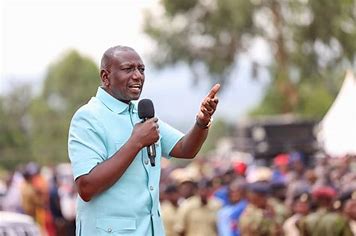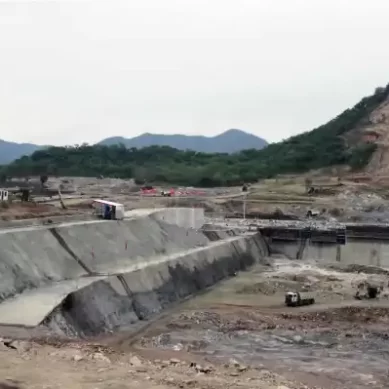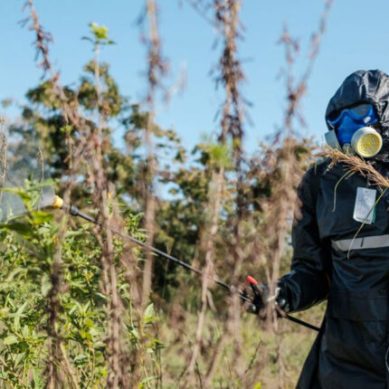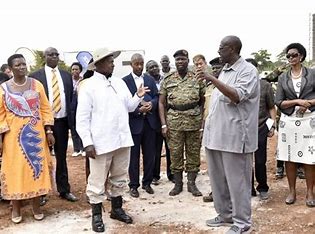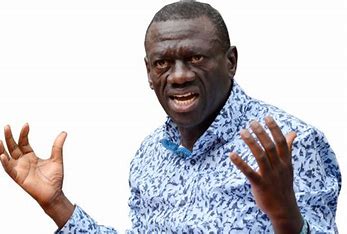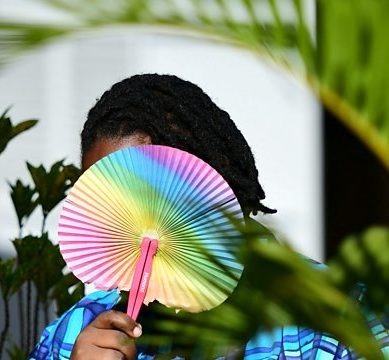Are Allied Democratic Forces rebels an Islamic outfit or a bunch of rapists masquerading as mujahidin?
the public wrongly perceived FRONASA, RPF and NRA rebels to be Muslims, which was not true. People like Haji Abdu Nadduli were few in the rebel ranks. The overwhelming majority were Rwandese and Ugandan Christians. It was a good strategy. It earned the rebels enormous sympathy and moral and financial support domestically and internationally, although they were also strongly supported by the Anglo-American axis of global power
Why I returned to Dadaab: Kenya has been a kind host…my situation has been a journey from fear to freedom
I hated the insecurity in Mogadishu. I was making decent-enough money working as a freelance journalist and filmmaker – more than I could ever earn in Dadaab. But you can’t stay indoors: You have to be out and about on the streets, and with that comes risks.
Is Uganda’s Only-Bull-in-the-Kraal finally metamorphosing from ‘No-Changist’ to ‘Changist’?
Very early in his reign, the President Museveni made it clear that he had captured political power through the barrel of the gun to stay in power as long as he possibly could when he said, “a mere piece of paper cannot remove me from power”, adding, ” I am a quarter pin of a bicycle. I came in by knocking and can only leave by knocking”.
Congolese soldiers kill over 40, injure 56 during crackdown on demos against UN peacekeepers
Unverified footage posted on social media showed soldiers piling bodies into a lorry and driving them through Goma in a convoy. The head of the local branch of the International Red Cross in Goma, Anne-Sylvie Linder, said her clinic had received a high number of people with serious stab and gunshot wounds after the protest.
Ruling clique itching for constitutional moment in Kenya as hints to repeal presidential term limits emerge
Kulundu likens the evolving political and constitutional scenario in Kenya to the period shortly after the Russian revolution between 1917 and 1924. During the period political idealist and lawyer Vladimir Lennin rode to power promising to retool governance by disbanding the nobility (dynasty in Kenyan political lingo) and co-opting the serfs (read: hustlers).
Cairo announces Egypt, Ethiopia and Sudan are set to resume negotiations over a disputed dam
Construction work takes place, at the site of the Grand Ethiopian Renaissance Dam near Assosa, Ethiopia on June 28, 2013. Egypt, Ethiopia and Sudan resumed their years-long negotiations on August 27, 2023 over the controversial dam Ethiopia is building on the Nile River’s main tributary, officials said. credit: AP
Stewed in militarism, is Uganda planning to deploy army and bombs to combat next wave of locust invasion?
At the moment we have no category of people known as locust experts. We have to train Ugandans to become locust experts. It is not enough to have insect (entomology) experts or ecologists or environmentalists or conservationists. These are important to have but cannot effectively manifest as locust experts.
Transition of Museveni from barter trade advocate to running ruthless mafioso of Uganda Inc
If you talk of business crime, intellectual crime, academic crime, cybercrime, political crime, economic crime, ecological crime and environmental crime, virtually all those involved belong to President Tibuhaburwa Museveni’s new middle class. They are found in the army, police, cabinet, legislature, judiciary, business, education, health, politics, you name it.
History repeats itself: Just as revolutions eat their own children, Ugandan political parties are in self-annihilation
More recently, the infiltration of the opposition parties by the ruling party NRM using money as the tool with which to divide them and deplete them of their memberships and leaderships has gained currency. We have seen top leaderships of the oldest parties – DP and UPC – giving in to NRM via what they have called cooperation agreements with the Movement.
President Museveni tells off World Bank over funding cuts to arm-twist Uganda to accept homosexuality
In response to the World Bank’s decision, Uganda’s state minister for foreign affairs Okello Oryem queried the consistency of the move compared to other countries.
